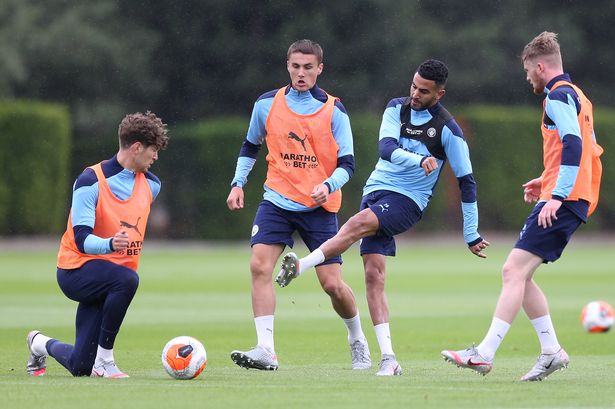
Soccer, or football as it’s known in most parts of the world, is more than just a sport; it’s a global phenomenon that unites people, transcending borders, languages, and cultures. The beautiful game has captured the hearts of millions, from kids in the streets kicking a ball to seasoned professionals gracing the world’s biggest stages. At the heart of this journey lies the concept of soccer learning, a lifelong process that encompasses not only the acquisition of skills but also personal growth and development.
Foundation of Soccer Learning
Soccer learning begins at an early age for many. Kids often find themselves drawn to the game, imitating their idols and learning the basics from parents, siblings, or friends. These formative years lay the foundation for a lifelong relationship with the sport.
The Role of Coaches and Mentors
As players progress, coaches and mentors become integral to the soccer learning journey. These guides provide technical expertise, tactical knowledge, and valuable life lessons. A good coach not only imparts soccer skills but also fosters teamwork, discipline, and sportsmanship.
Skills Development
Soccer learning involves a continuous process of skill development. Players practice dribbling, passing, shooting, and defending, striving to perfect their technique. Repetition is key, and countless hours are spent honing these abilities. But it’s not just about mastering the basics; it’s about understanding the nuances of the game, reading the field, and making split-second decisions.
Tactical Awareness
Soccer is often described as a chess match played with feet. Understanding the tactical aspect of the game is crucial. Players must learn formations, strategies, and how to adapt to changing game situations. This knowledge evolves over time, making soccer learning a never-ending process.
Mental Toughness and Resilience
Soccer learning is not confined to the physical realm. Mental toughness and resilience are equally important. Players must overcome setbacks, handle pressure, and stay focused amidst distractions. The ability to bounce back from defeat and maintain a positive mindset is a valuable skill on and off the pitch.
Teamwork and Communication
Soccer is a team sport, and effective communication is vital. Soccer learning involves understanding one’s role within the team, developing chemistry with teammates, and learning to adapt to different playing styles. The best teams are often those with the strongest bonds.
Physical Fitness
A high level of physical fitness is a non-negotiable aspect of soccer learning. Players must maintain their conditioning to perform at their best. Endurance, strength, agility, and speed are all critical components that require constant attention.
Soccer as a Lifestyle
Soccer learning is not limited to scheduled practice sessions. It becomes a way of life. Players immerse themselves in the sport, watching games, studying the greats, and staying updated on the latest developments in the soccer world. It’s a passion that extends beyond the pitch.
Goals and Dreams
Every soccer player nurtures dreams and aspirations. Whether it’s playing for a local club, representing their country, or competing in the most prestigious tournaments, these goals drive soccer learning. The journey is marked by milestones and achievements that fuel the desire for greatness.
Conclusion
Soccer learning is a lifelong journey filled with dedication, perseverance, and passion. It’s not just about the skills and knowledge gained but also about the growth of character, discipline, and a love for the game. From the streets to the grand stadiums, soccer learning takes us on a thrilling adventure that unites people across the globe, celebrating the beautiful game in all its glory. So, lace up your boots, hit the pitch, and embrace the journey of soccer learning—it’s a path to mastery that promises both personal and sporting fulfillment.




